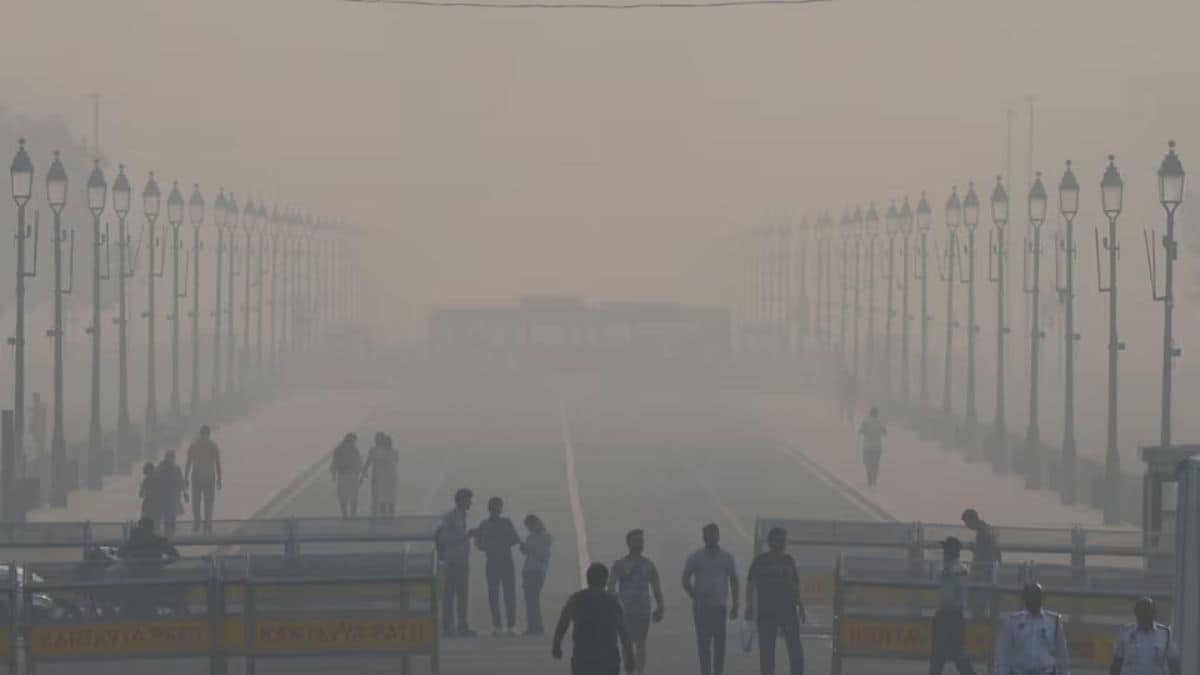As the air in northern India becomes contaminated, the Supreme Court declares that a pollution-free environment is a fundamental right.
The city battles toxic air every winter and authorities say much of the smoke comes from farmers illegally burning paddy stubble to clear their fields in the neighbouring breadbasket states of Punjab and Haryana

India's Supreme Court asked authorities to address the declining air quality in the country's north on Wednesday, stating that everyone has the fundamental right to live in a pollution-free environment.
The Central Pollution Control Board, which considers readings below 50 to be desirable, reported that Delhi, the capital of India, had a "very poor" air quality index of 364 on Wednesday. In its real-time rankings, the Swiss organization IQAir named Delhi the most polluted city in the world.
Every winter, the city struggles with poisonous air, and officials claim that a large portion of the smoke originates from farmers in the nearby breadbasket states of Punjab and Haryana burning paddy stubble illegally to clean their fields.
The Supreme Court pulled up the governments of both states for taking “selective action” against stubble burning, saying penal provisions were not being properly implemented.
“These are not the matters only of implementing the existing laws, these are the matters of blatant violation of fundamental rights…the governments will have to address…how they are going to protect the right of citizens to live with dignity,” the court said.






















